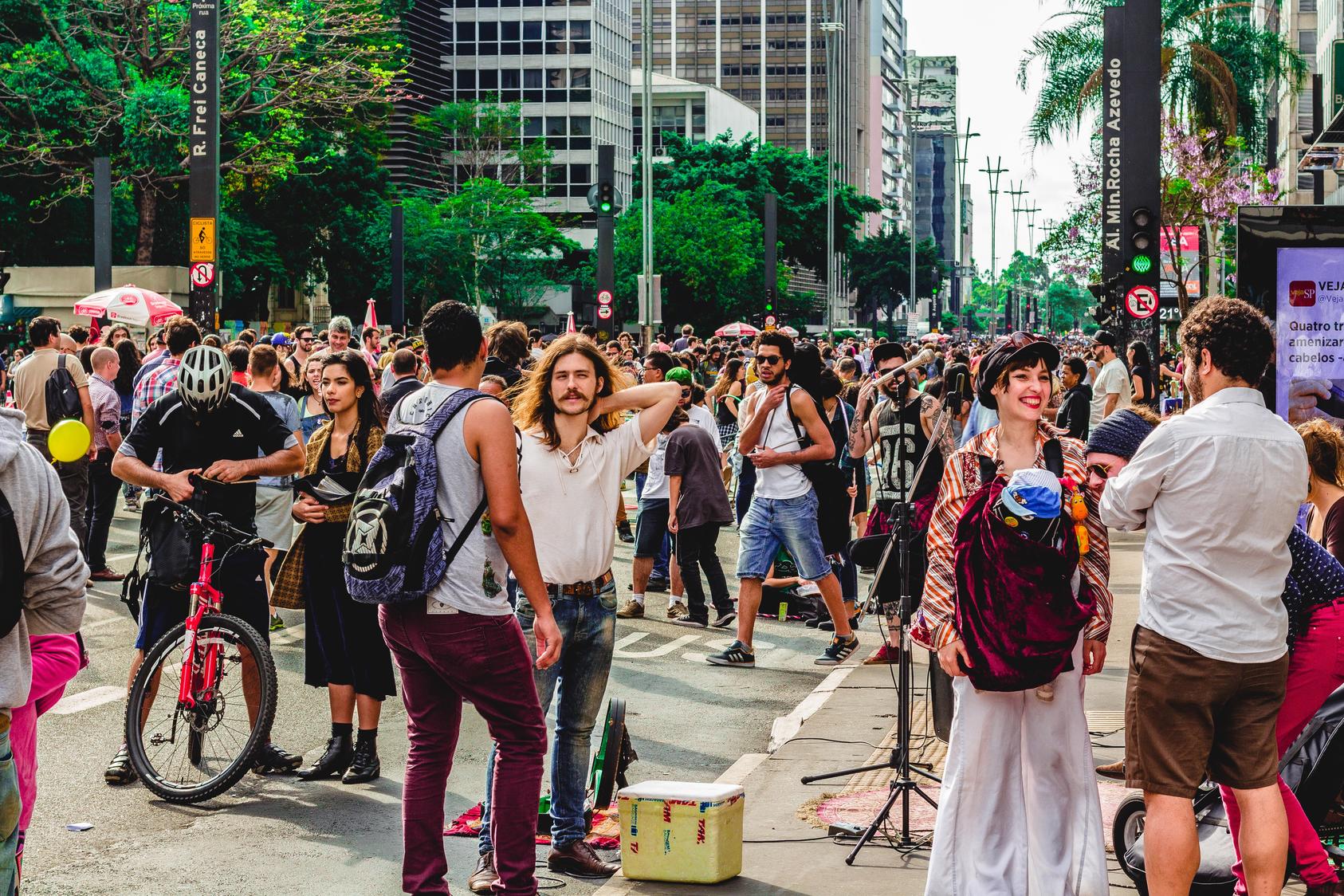Cultural Synergy
This course aims to prepare individuals working in communities across the world for episodic or sustained intercultural interactions. It will help such outsiders develop more appropriate mindsets for effective and sensitive engagements with those from another culture, whether working on conflict resolution, security, peacekeeping, humanitarian relief, development, international business, or community resilience building.

Course Overview
This course will focus on the complex concepts of culture and provides real-world examples to explore them in a practical context. The tools, insights and approaches highlighted in this course are intended to enable the learner to collaborate more effectively with his or her local counterparts by increasing intercultural competence and striving for cultural synergy.
To illustrate these key attributes of intercultural competence, the course draws upon real examples as scenarios for the learner to explore the challenging choices we face when engaging with another culture. In doing so, it also draws upon the insights of practitioners who have worked in many different cultural environments and faced unique challenges working across cultures. The course will also provide practical tips and reflective questions in each chapter as well as in the conclusion. These serve as reminders of how to be more productive and harmonious in intercultural interactions.
This course was designed and developed in partnership between USIP and Burning Man Project and draws upon experiences and insights from many seasoned practitioners from both organizations.
Learning Objectives
By the end of this course, participants will be able to:
- Cultivate relationships with their local counterparts to create trusting, inclusive and mutually beneficial connections.
- Describe the foundational aspects of culture that influence intercultural interactions.
- Understand how culture influences the attitudes, values and behaviors of others and ourselves.
- Realize the importance of knowing about and respecting cultural norms of others (without necessarily finding such norms comfortable).
- Learn how to accept differences and how to respond effectively and respectfully to situations in which cultural barriers or miscommunication arise.
- Enhance their ability to adapt their behavior and attitudes to be more effective according to local cultural norms.
- Discover tools to find what they have in common with people from other cultures.
- Become much more conscious of how they are perceived by others.
- Be mindful that having resources, expertise, power and privilege does not mean that one has the solutions or automatically knows what others need.
- Realize how we are all shaped by the power and privilege we have in addition to our own culture and values.
Registration Information:
“Cultural Synergy” is an online, self-paced course offered by USIP's Global Campus. The Global Campus has created a private network where courses are available. To begin the course, please register following the link at the top right of this page. You will be taken to the Global Campus landing page where you can “Request to Join” and create a free account. You should receive an email with approval from the Global Campus within 24 hours, including a link to sign in to the network.
Once you are signed in to the Global Campus, the "Courses" tab on the left of the page will take you to the list of available courses, including Cultural Synergy.
Agenda
Chapter 1 - Introduction
Demonstrates why culture matters and sets the stage for developing greater awareness of our own cultural values and those of others as well as the importance of communication and listening skills.
Chapter 2 - Self-Awareness
Emphasizes how culture influences the identity and the perception of ourselves and others, and how these identities and perceptions influence in turn our actions and our relationships with others.
Chapter 3 - Bias
Explains how conscious and unconscious biases inform our beliefs, behaviors and decision-making processes and how to mitigate their negative effects.
Chapter 4 - Culture Shock & Adaptation
Anticipates the occurrence of culture shock and offers techniques to be prepared for surprises and confusion and to regain effectiveness and build resilience.
Chapter 5 - Intercultural Communication
Identifies five dimensions of communication and outlines ways to more deeply understand and connect with your international counterparts.
Chapter 6 - Building Relationships & Trust
Examines the impact of active listening, power dynamics and how people approach collaboration on creating trusting ties among people.
Chapter 7 - Time, Agency & Control
Assesses how the concepts of time and the control over events influence schedules, deadlines and outcomes.
Chapter 8 - Self-Care and Concluding Remarks
Summarizes many of the helpful tips and tools that can help you build your intercultural competence.
Instructors
Pamela Berland Ex - Senior Career Counselor, U.S. Department of State
Jeffrey Helsing - Peacebuilding Consultant, former Associate Vice President of the Academy, U.S. Institute of Peace
Dominic Kiraly - Director, Online and Headquarters Training, U.S. Institute of Peace


